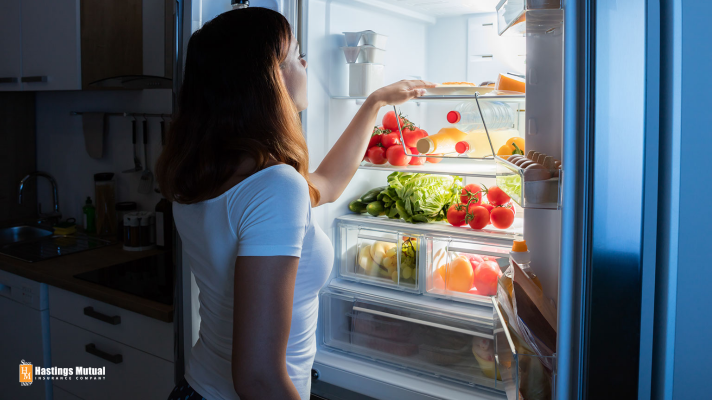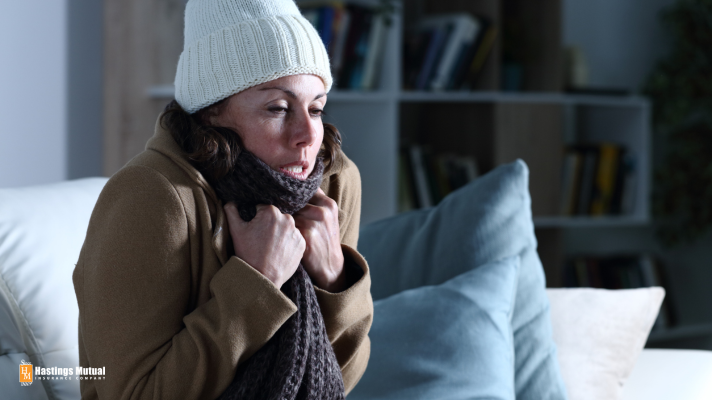Food Prep For A Power Outage
If you lose electricity, don’t lose your valuable food supplies.
Massive storms — thunder, lightning, heavy snow — can knock your power out for hours, even days. That can be more than an inconvenience, especially when it comes to keeping your food cool and in good enough condition to store and eat.
The U.S. Department of Agriculture reports that food can be stored in a refrigerator without power for up to 4 hours. After that, anything perishable, like meat, eggs, and leftovers should be thrown out. A freezer will stay safe for up to 48 hours, as long as it’s a mostly full freezer and the doors are kept closed as much as possible.
Ice
Moving food to a cooler and packing it with ice cubes or frozen ice packs is probably something you already do with your food when there’s a power outage. Like food in the freezer, you want to make it as full as you can to keep things cold. In many places, ice is probably in the form of a bag of ice cubes, but it could be dry ice or something else frozen. Remember that dry ice needs to be handled carefully to avoid injury.
Food safety
As I mentioned earlier, perishable food needs to be thrown away if it’s been in a refrigerator without power for 4 hours or more. The Department of Agriculture has a pretty detailed list of what can stay and what can go if you have any doubts (Parmesan cheese is OK, quiche should be discarded). Meat, unfortunately, needs to be thrown away as well.
What can you do to prevent food spoilage and be ready before there’s a power outage? Have the ice and cooler ready to go — in other words, know where they are instead of hunting through your basement with a flashlight. Find a thermometer too, to keep track of food temperatures if the outage lasts for a while.
Refrigerated and frozen food shouldn’t get above 40 degrees Fahrenheit unless it’s about to be eaten. If you have a generator, make sure it is fueled up and ready to use, though of course it won’t be able to supply a lot of energy forever.
Medicine
Though they aren’t food, you also need to handle medicine and medical devices that require refrigeration or electricity. There are probably guidelines with the medication itself, or you can ask your doctor what should be done. Be careful when measuring out dosage during an outage or really at any time; it may be quite a while before you can get more medicine and you’ll need every drop.
The Mutual Understanding blog and Hastings Mutual videos are made available for educational purposes only. The information referred to is not an official company statement, corporate policy, or offer of coverage. Refer to your insurance policy for specific coverage. There is no representation as to the accuracy or completeness of any information found by following any link on this site. Please contact your local independent insurance agent with further questions and for more details on any insurance policy-related information you read here.
© 2021 Hastings Mutual Insurance Company. All rights reserved.
Related Blog Posts
-
 New Houses And The Insurance They Need
New Houses And The Insurance They Need
Building didn’t stop during COVID-19. Here’s a look at what happened.
-
 Preparing for Power Outages
Preparing for Power Outages
Be ready before, during, and after a bad storm.
-
 What To Do When The Power Goes Out
What To Do When The Power Goes Out
Simple things you can do to stay healthy and safe before and after you lose electricity.
Hastings Insurance Company
404 E. Woodlawn Ave.
Hastings, MI 49058
Monday-Friday
8:00 a.m. - 4:30 p.m. (EST)
(800) 442-8277
Terms of Use and Privacy Statement© Hastings Insurance Company. All rights reserved.



